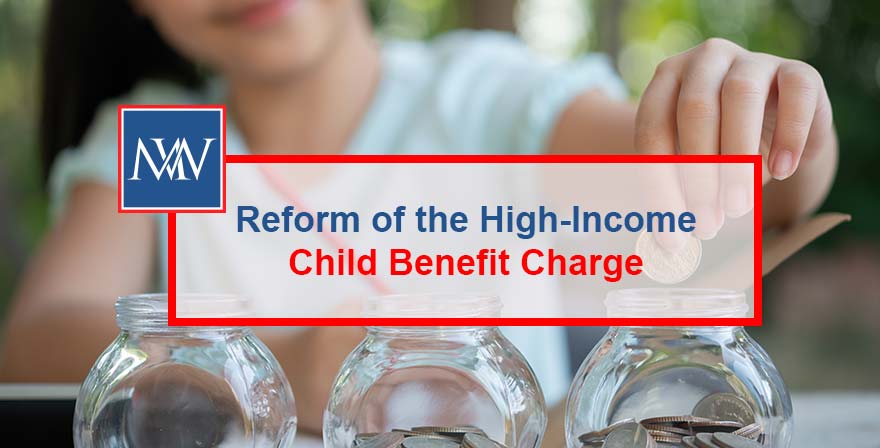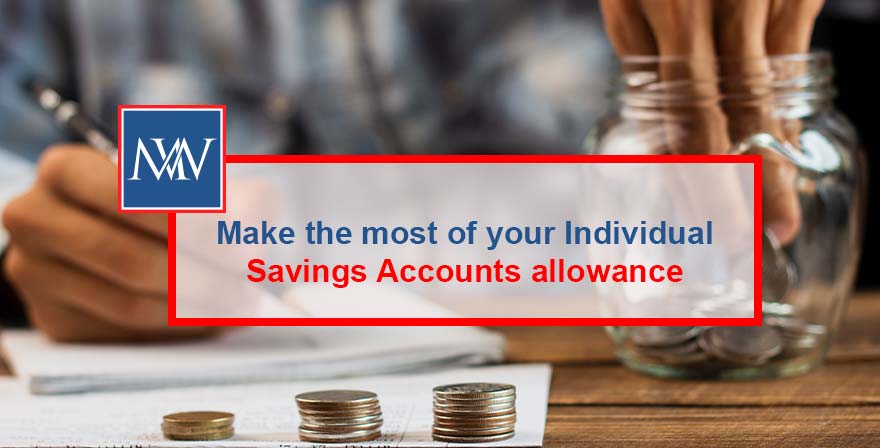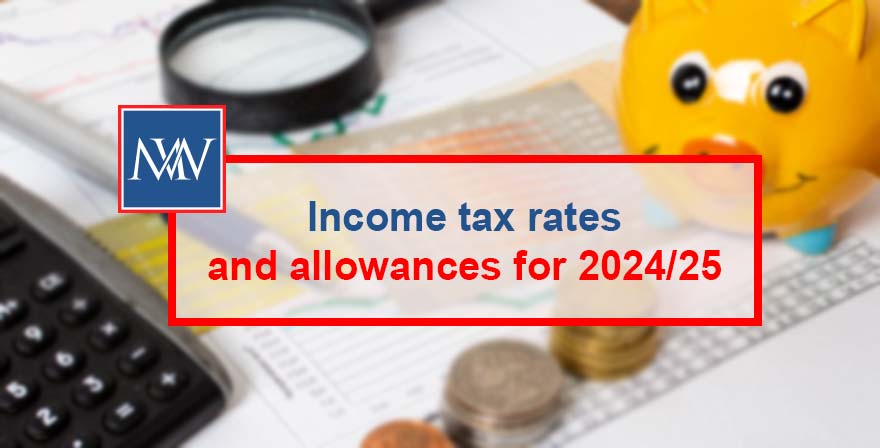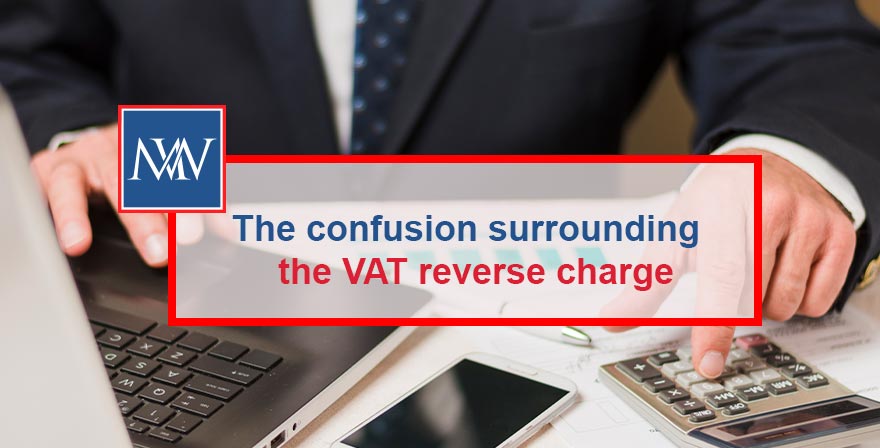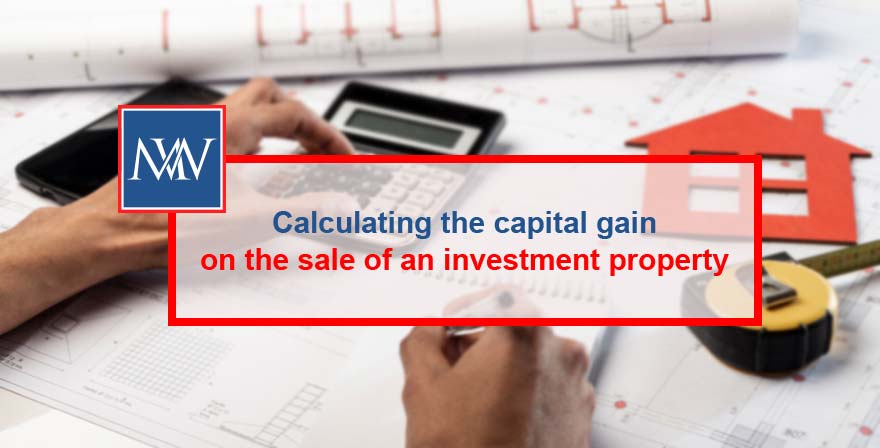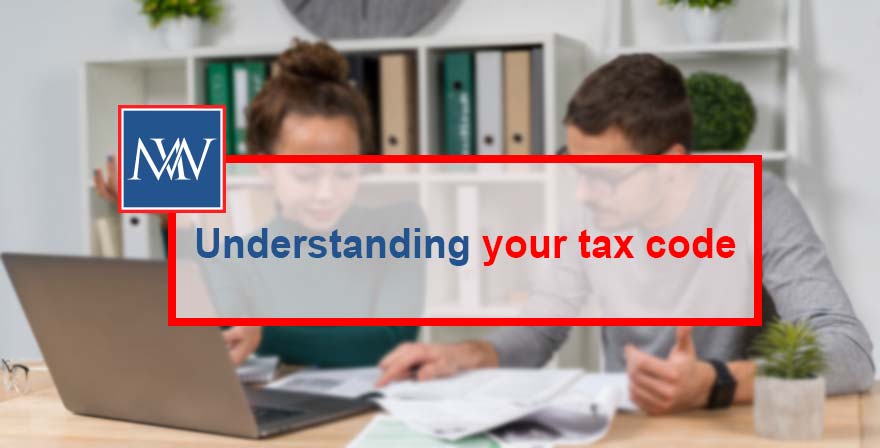Reform of the High-Income Child Benefit Charge
The High-Income Child Benefit Charge (HICBC) is a tax charge that operates to claw back child benefit where the claimant and/or their partner have adjusted net income in excess of the clawback threshold. For 2023/24 and previous years, this was set at £50,000. The HICBC was equal to 1% of the child benefit paid for
Learn More


